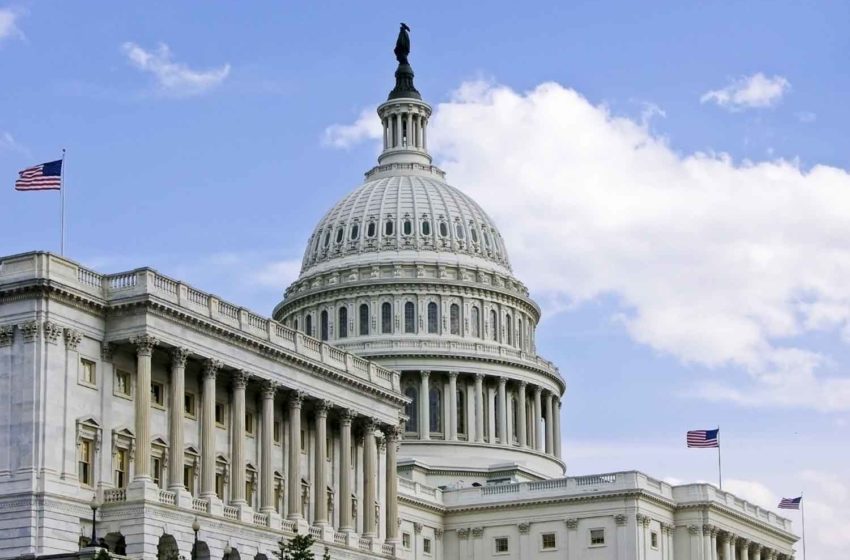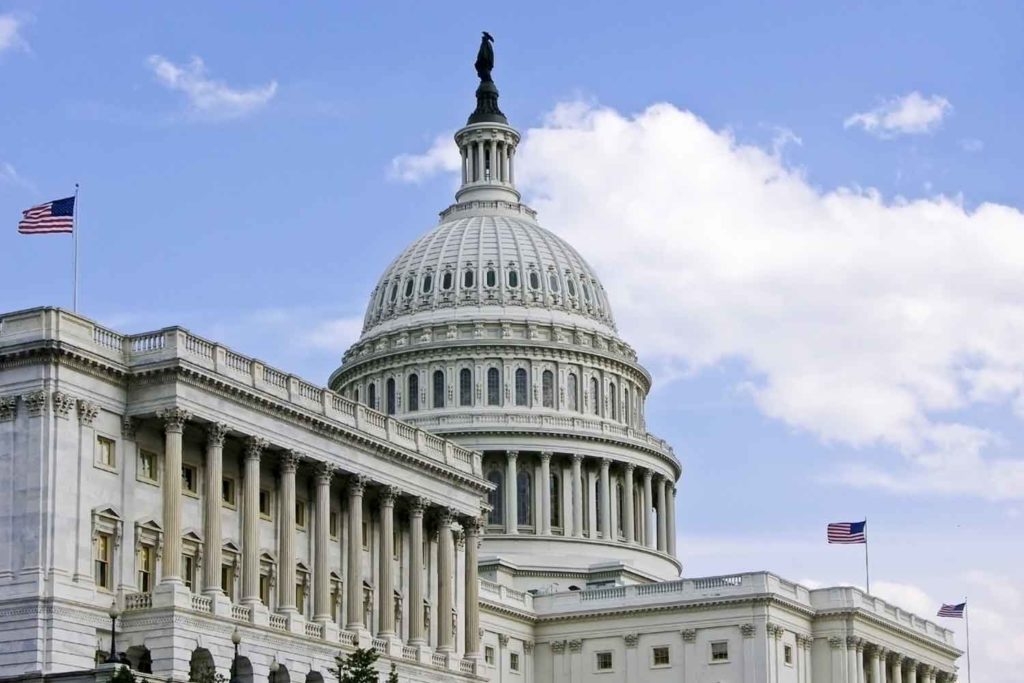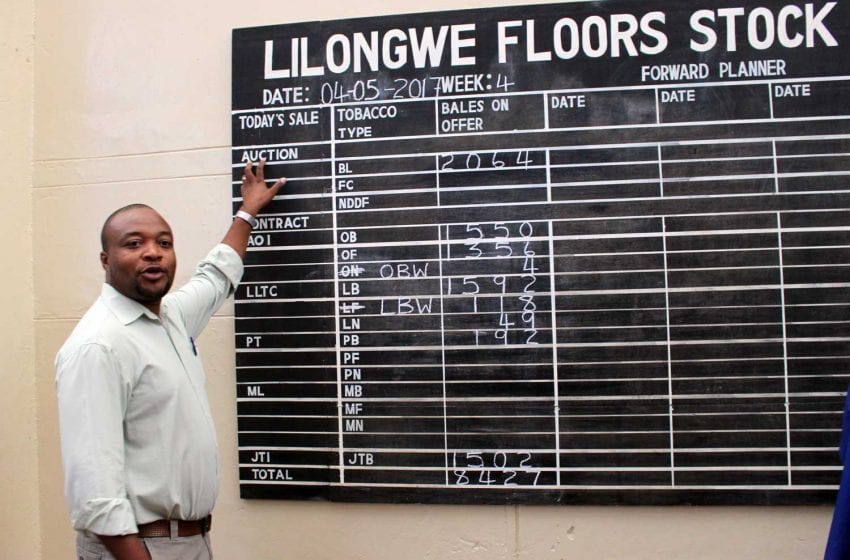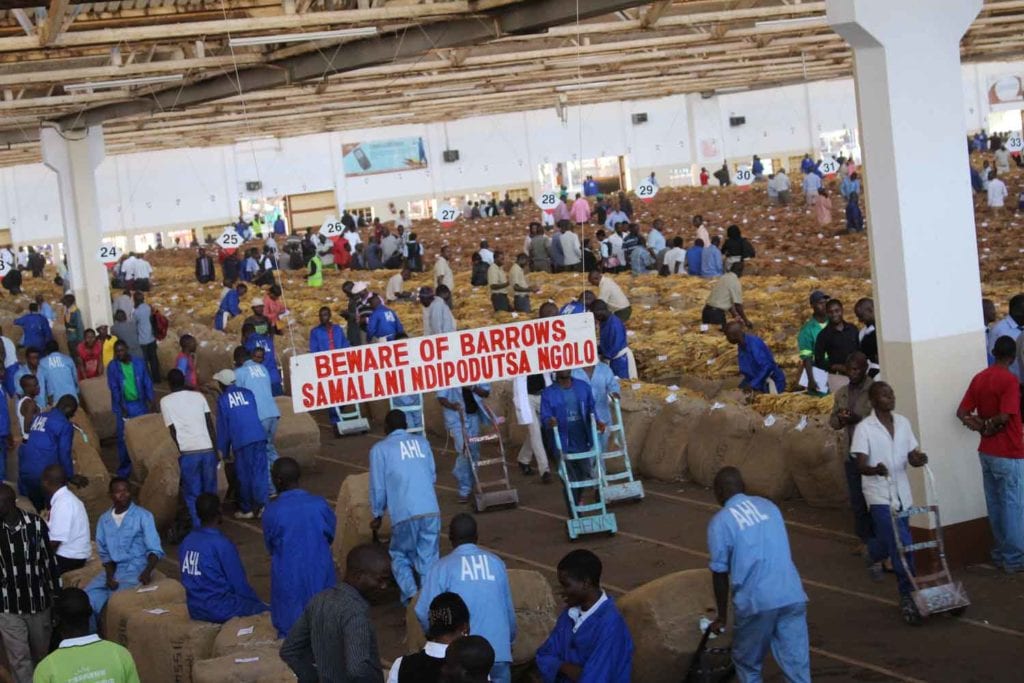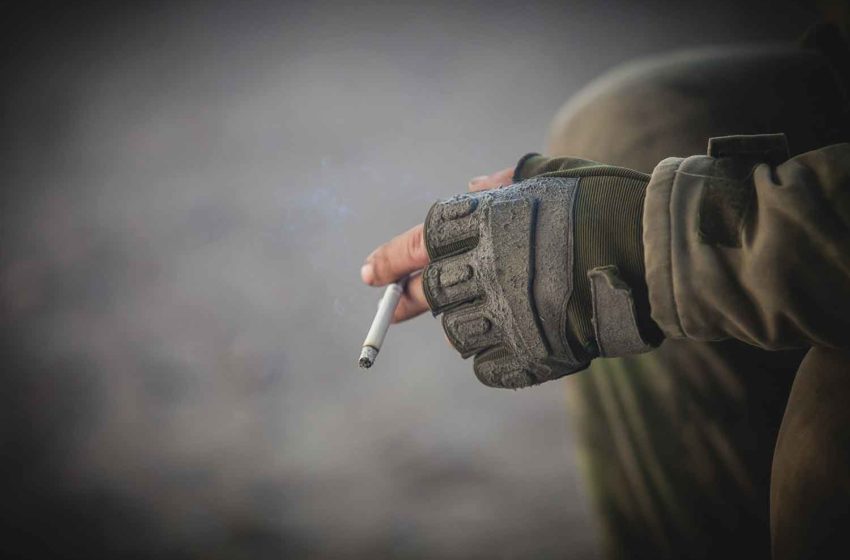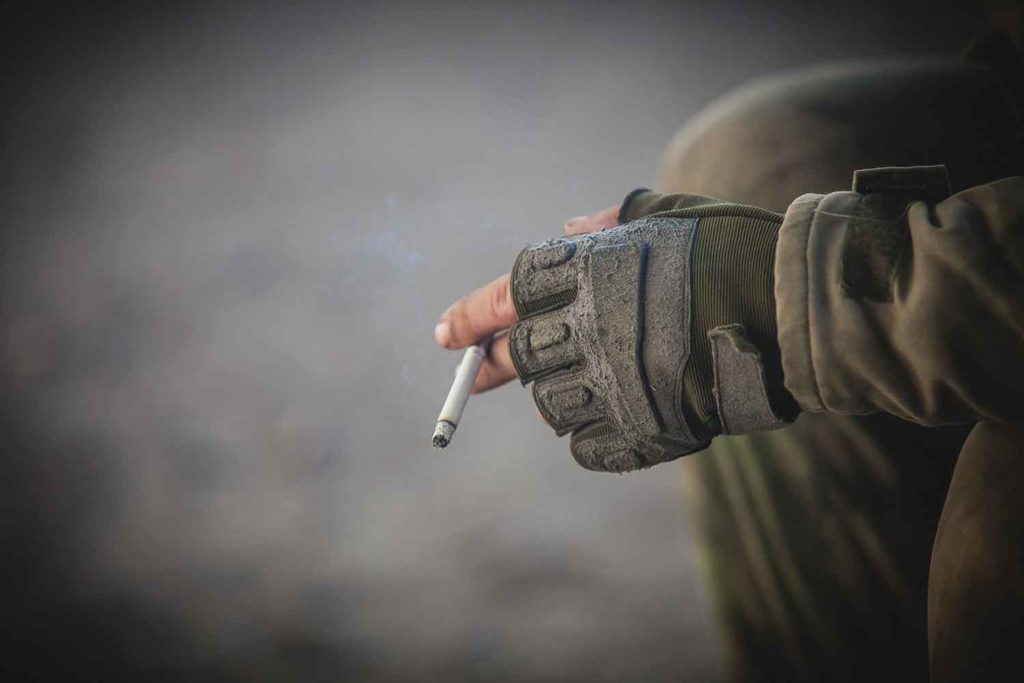
The next Women in Tobacco (WIT) event will take place May 5-6 at Hotel Villa Modigliani in Paris. The event is sponsored by SWM.

The event will kick off with a snack lunch on May 5, followed by the GTNF In Focus: Sustainability virtual conference in the presence of Patricia Kovacevic, who will moderate the event.
The evening program features a Quayside dinner and a one-hour cruise on the river Seine.
The GTNF In Focus conference continues May 6 and is followed by a team activity.
Participants qualify for a special rate for the night of May 5 of €166 ($180.98) per room at Hotel Villa Modigliani with the code SWMWIT2022 .
For hotel reservations please contact: llegal@vacancesbleues.fr or cpasquet@vacancesbleues.fr. Reservations may be cancelled free of charge up to April 14, 2022.
To register for the WIT event, please contact Elise Rasmussen at witforwomen@gmail.com or +44 777 564 5048.
WIT Agenda
Thursday, May 5
12:30 pm
Welcome & snack lunch at the Hotel Villa Modigliani, 13 Rue Delambre, 75014 Paris, France
02:00 pm
GTNF inFocus Sustainability virtual conference in presence of Patricia Kovacevic who will moderate the event.
Stay tuned and Check the program here or on the website: sustainability.infocusseries.org.
08:00 pm
Quayside dinner followed by a one-hour River Seine cruise.
Friday, May 6
08:45 am
Welcome at the Hotel Villa Modigliani, 13 Rue Delambre, 75014 Paris, France
09:00 am
GTNF inFocus Conference Debriefing
& Specific Presentations
10:15 am
Team Activity:
Embark for a “Responsible World Tour!”
12:30 pm
Event closure



